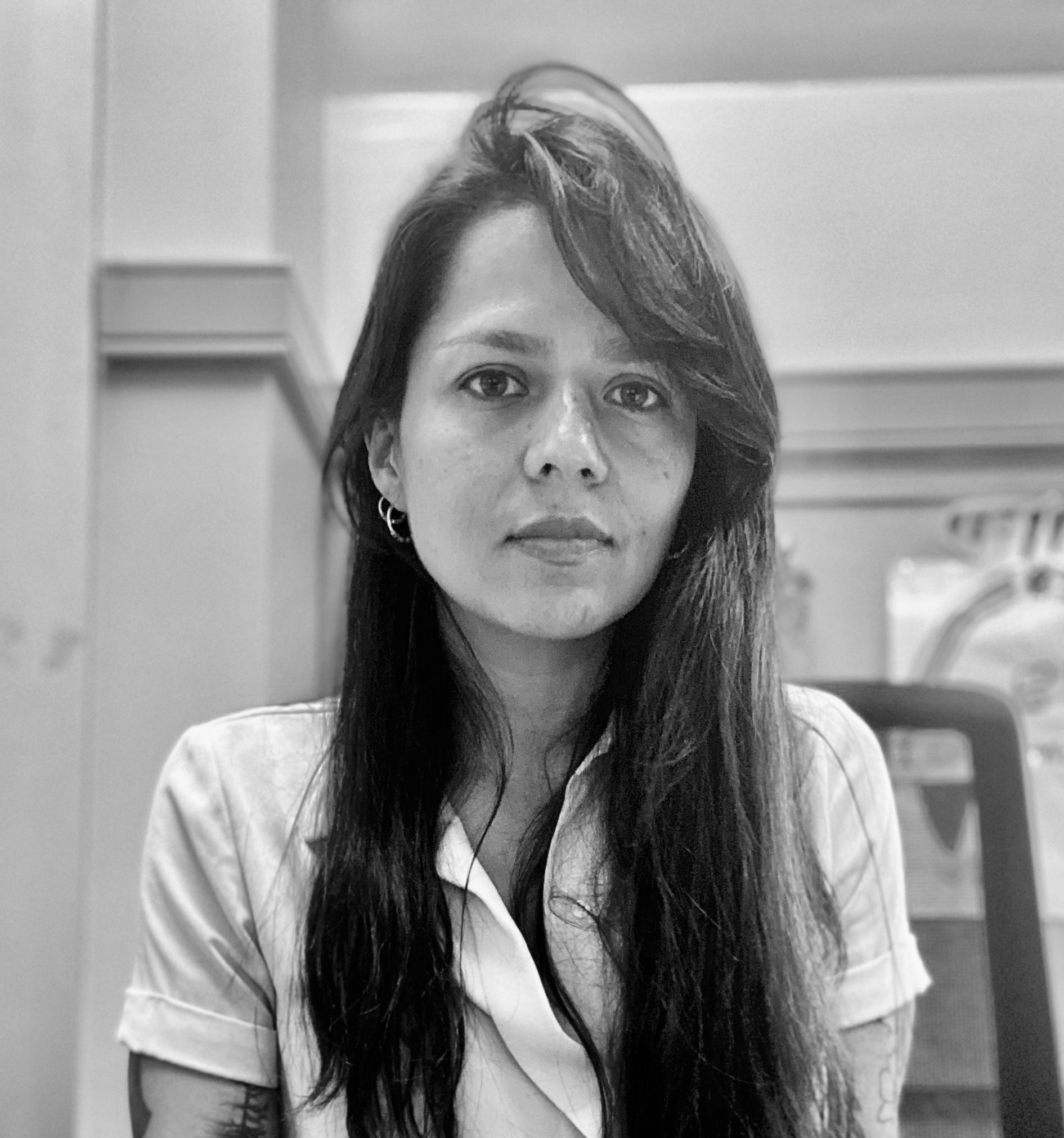"Chola Queer: Variegation as Method"
This talk and conversation think about method from the interpretation of paintings and performance by Peruvian artist Wynnie Mynerva. Their sexually explicit oeuvres take on a variety of artistic procedures from happenings to oil painting and body modifications. To this end, I depart from a critique of method in its classical and disciplinary associations as inextricable from the epistemic violence of European colonization and genocidal enterprises. Within these political and academic operations, the discourses, objects, and ways of doing that stem from the racialized global South are taken as impervious to method. In Peru, the lack of methodology is most often assigned to cholos and cholas, people with Indigenous traits or blood, located in the urban setting of Lima. Cholos migrated to the city running away from poverty and the violence of war. They settled however they could, working odd jobs, selling goods in the streets, building their own neighborhoods, and creating grassroots organizations. They soon refashioned their indigenous traditions in their new environment. For example, musically the Peruvian cumbia or chicha of that era is a mix of psychedelic electric guitars, huayno (a traditional Indigenous genre), and influenced by other types of Latin American cumbia. Rather than assimilating into it, they transformed the city. They have undisciplined methods. Similarly, Wynnie’s promiscuous chola methodology transforms the space of the museum or the gallery with their variegation of low and high culture, which includes reggaeton, anime, BDSM, chicha, the bible, post-porn, classical sculpture, global mythologies, and master painters.
Series Description
Cultural Studies has often been framed as a method of approach, a way of understanding and interpreting the relationship between cultural narratives and social and political institutions with particular attention to questions of power and resistance. The past few decades have seen several challenges to this method, from the new materialist critique of the linguistic turn to post-critical and auto-theoretical emphases on aesthetics, affect, and memoir. These movements have been especially central to work in queer studies and queer of color critique, most centrally expressed in Eve Kosofsky Sedgwick’s complaint about the stultifying sameness of approach in queer theoretical writing and its mistaken fidelity to exposure and persuasion as activist modes. These challenges have broadened the scope of humanities research, taking in archives formerly left to the sciences and modes of thought once considered too creative to count as academic arguments. The resulting profusion of subjects and styles reflects the robustness of our field in a way often overlooked by the so-called method wars.
This year, Culture Nights seeks to celebrate and enrich our work on how we write and what we write about with a series of meetings that push us beyond the form of scholarly writing. How can we understand these forms as producing criticism, and what sort of criticism do they produce? Our series invites scholars whose works have taken the form of films, pamphlets, and how-to books, archival and visual curation, plastic and fabric art practices, and event-creation, to discuss how (and whether!) they see their work as forms of criticism. As a way of putting our interests into practice, we will encourage presentations that experiment with form and media, including film screenings, interviews, readings, and collaborative workshops.


